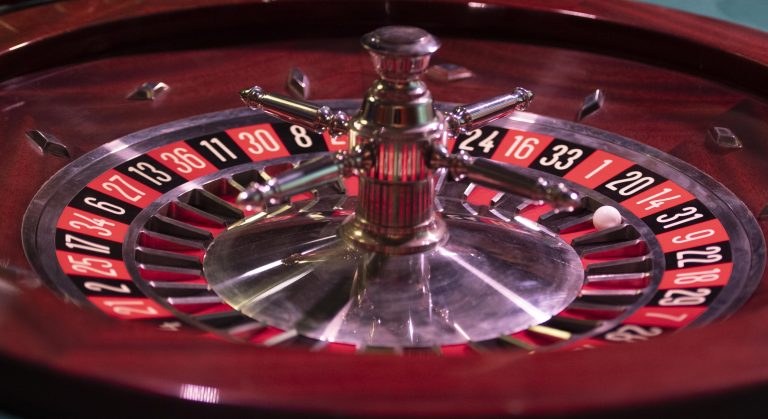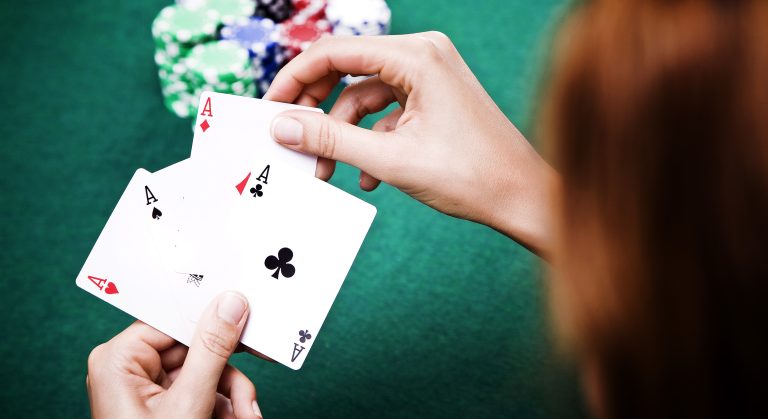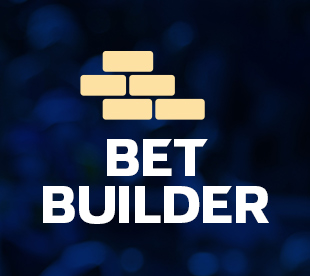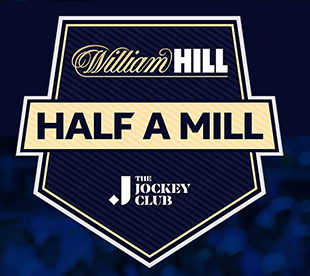Casino
Blackjack Strategy – Guide For Beginners
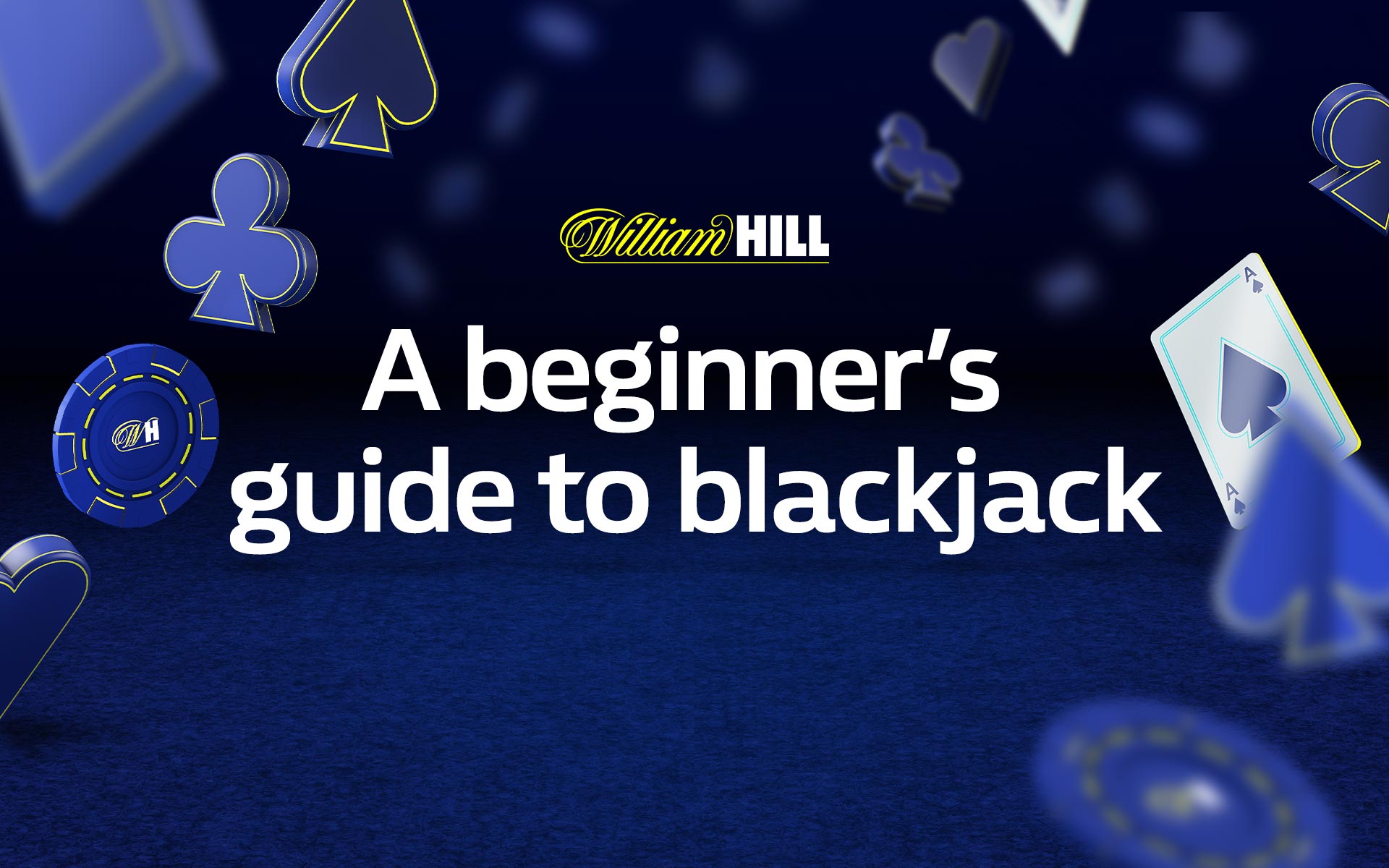
The Importance of Strategy
Blackjack strategy is imperative when playing the game and players must utilize an effective strategy that is tried and tested. When a particular strategy is applied correctly, this can significantly improve the chances of the player winning the hand over the dealer.
A strong understanding of blackjack rules is required and it’s important to arrive at the table with a clear game plan that involves optimal decision making, born out of the cards you are given as well as the cards showing for the dealer. Basic blackjack strategy can take many forms, an example of this can be to always split Aces or 8 cards.
Keep reading to learn more about blackjack strategy for beginners.
The Concept of House Edge and How to Minimize It
The concept of house edge is a very important factor to understand when considering blackjack basic strategy. It’s a large factor into understanding how physical and online casinos operate and offer blackjack and what “the house edge” can mean for players of blackjack.
The house edge is the mathematical advantage that the casino holds over the players in any casino game. It is the profit that is made on average per wager that the casino expects to make based on each game, with the perceived edge usually expressed as a percentage that is expected to be won each time on average.
For blackjack, the house edge is around 2%, which means for every £100 you bet, the casino expects to make £2 (2%) from your £100 staked.
Blackjack strategy
Effective blackjack strategy can be utilised to minimize the house edge. This can be as simple as knowing when it is best to hit, stand, double down and split, which are key components of blackjack basic strategy.
Of course, there is no way to guarantee a winning hand in blackjack but, for example, never splitting a pair of fives or 10s will be minimizing the edge as it is mathematically proved to swing the odds in the player’s favour somewhat.
When to Hit, Stand, Double Down, and Split
A basic way of strategizing through your blackjack games is knowing when an effective time is to hit, stand, double and split against the dealer’s hand. Before you can form even the most basic blackjack strategy, you need to know first what each command means at the table.
- Hit – Asking the dealer for another card, which is done by tapping one’s fingers on the table. As a rule of thumb, it is recommended to always hit if your hand value is 11 or less, if your hand value is anywhere between 12 and 16, it’s recommended that you hit if the dealer’s card is seven or higher. If the hand value is 17 or higher, it’s usually considered best to stand. This is blackjack basic strategy and other situations can mean the most optimal strategy would deem another move better.
- Stand – When you don’t want any more cards in that hand as you are happy with the current value of your hand. It’s usually recommended that you stand if your hand totals 17 or higher.
- Double Down – When the player makes a bet equal to their initial wager after being dealt their first two cards, this can prove very lucrative in certain situations if applying the correct strategy, as the player wins double.
- Split – When holding two cards of the same value, for example two sixes, you can split these cards apart and play two separate hands instead of one. As an additional hand is being started, the bet is doubled and applied to the new hand.
Blackjack basic strategy
Knowing the meaning of these commands, and how and when to use them, is the cornerstone of blackjack basic strategy. Knowing that it’s a good move to stand at 17 as a rule is basic strategy blackjack in comparison to knowing when to hit/stand based on not just your own cards, but the dealer’s as well.
The Importance of Bankroll Management
One of, if not the most important aspects in blackjack strategy is to ensure the correct management of your bankroll.
Your bankroll is the amount of money that you have to wager in total, considering what amount of money that you have at your disposal you are prepared to lose. Blackjack is a form of gambling, so ensure the bankroll is a responsible amount that you would be able to do without.
The concept of bankroll management is the process of handling the amount of money you have at your disposal wisely to keep playing and minimize risks at the table. It’s a crucial skill in all forms of gambling and should be one of the main factors you consider when building a basic blackjack strategy.
An effective way to do so is to consider your bankroll as the money you have set aside for playing, therefore money that isn’t going to put you under financial stress if you don’t have it. A common mistake that many players will make is to stake too much on a particular hand in relation to their overall bankroll, looking for that big win.
Psychologically, it’s important to manage your emotions when gambling on blackjack. This is as important as the blackjack strategy itself, as not having your emotions in check can lead to poor or rash decision making at the table.
The Importance of Practice and Simulation Tools
As with anything in life, practice is what you need to improve and learn. This is no different in blackjack and takes a few different forms. First, learning the effective moves to make at the table, which minimize the house’s edge. Secondly, it’s important to apply these learnings to practical in-game scenarios, to ensure a firm understanding of basic blackjack strategy.
Within blackjack, applying the learnings practically can be difficult, as it involves staking bankroll when you still might not feel entirely confident in your basic blackjack strategy. A popular blackjack strategy among many players has been to use a blackjack trainer or simulation tool.
This is an online software that can simulate a realistic blackjack game, which can be utilised in order to practice blackjack, whether that be your blackjack basic strategy or advanced strategies. It gives the player the opportunity to enhance and improve their skills before wagering their money, for many this is a much more comfortable experience than when having something staked on the line.


